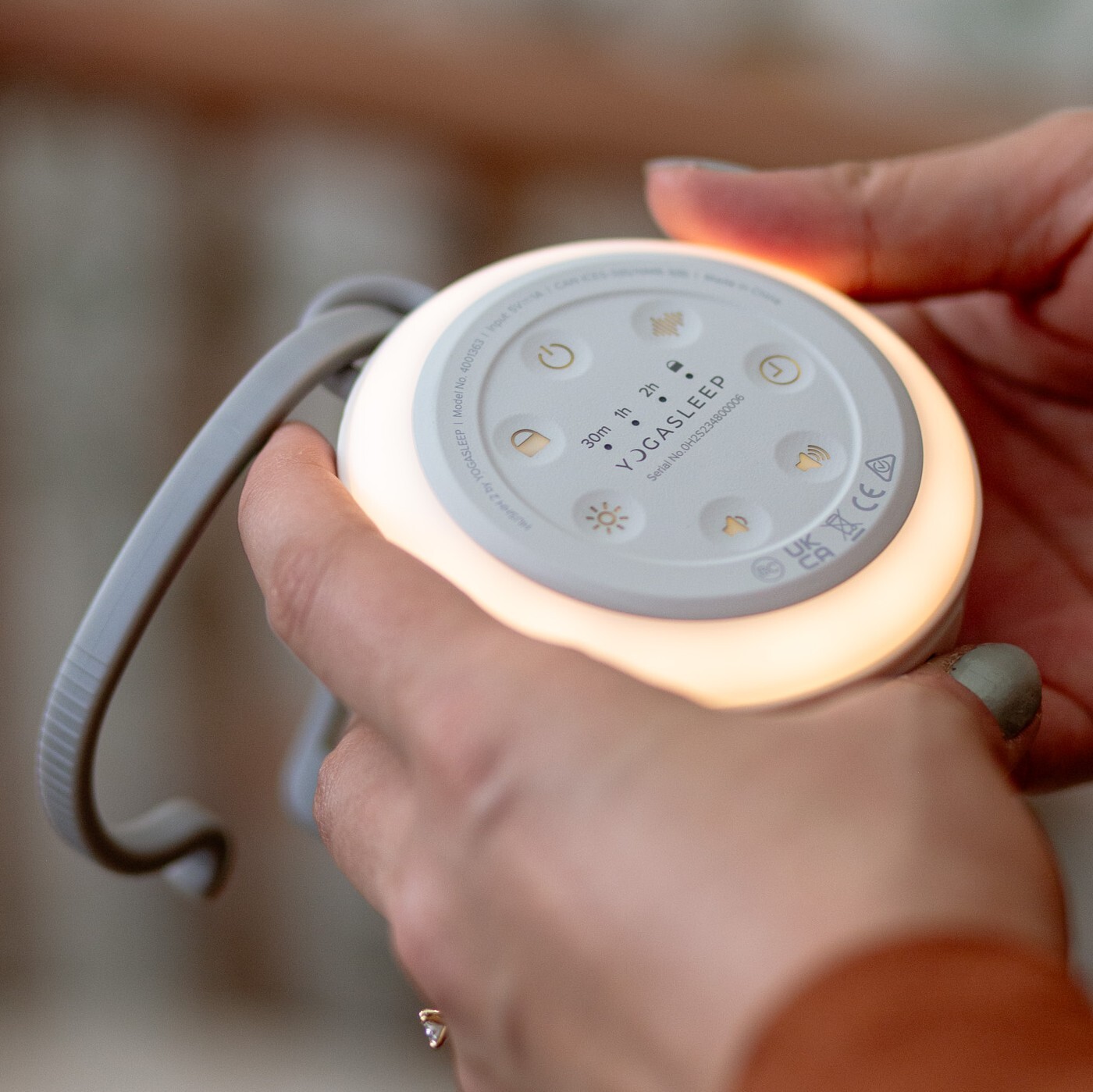Bed wetting is a serious condition and does need to be dealt to effectively. A child that suffers from nocturnal enuresis, not only feels odd, but he is often ridiculed by the people around him for a situation that he can’t control. As parents you need to be patient and understanding. Reassure your child especially if they are upset. Do not punish your child for something that he can’t control.
At home make sure that you have discussed the problem privately with your child and also had a family discussion (if appropriate) about bed wetting. Your child needs to be able to function as normally as possible, especially in the social context. He may be at the stage of being invited to sleep overs and because of his bed wetting he doesn’t want to go and then is left out and is made to feel awkward and socially inept. These feelings will only make him more anxious and could exacerbate the problem. You do not want your child to be embarrassed to be with others.
Help him to manage his problem with dignity and help put systems in place that ensure that his confidence and self worth is maintained. Remind him that not all children are good at all things. Some kids manage to ride bikes easily and throw or catch a ball, others don’t. It is the same with bed wetting.
The home is where a child is able to be himself, it is the place where he feels safe and learns to be confident of himself and it is the place where he develops his own self image. If you as parents are able to positively nurture and build up a healthy self image and feelings of self worth within your child then he will be far better positioned to handle the enuresis and face the world outside. So remember to give loads of praise and even reward your child for staying dry or remembering to get up and go to the toilet. Keep a record that shows his progress. Give encouragement for even the smallest of achievements. Most of all respond gently if your child wets the bed, even if you feel angry. Your anger will only make him more anxious.
Help prepare you child through out the day, give him plenty of fluid during the day, and encourage toilet breaks. Avoid caffeinated drinks e.g. tea, coffee and chocolate and fizzy drinks before bedtime. Have the child urinate before bedtime. Prepare the bed and the child - Protect the mattress with a funky Brolly Sheet, absorbent pads or towels or even a heavy plastic cover and the child with extra-thick underwear, Woxers or Drynites pyjama pants and pyjamas. Merino pyjamas or thermals can stay warm even if wet. Discuss the toilet procedure before going to bed i.e. what you want him to do if he wakes up and feels the need to wee, and remind him to go to the toilet before bed.
Below is a story about Mia and how having a positive discussion about her own abilities helped her overcome her issues with bedwetting.
Ways to Help your Child with Bedwetting
Mia’s story as told by Diane (founder of Brolly Sheets)
I came across something a few months ago that worked for my 6 ½ year old daughter; Mia. We had just gone through 6 months of a wet bed every night, normally around 10pm. I was reading about how the brain can work and every night whilst Mia was on the toilet I would sit on the floor and chat to her. We talked about her brain and how clever it is. Her brain can tell her body it needs to wake up and go to the toilet. We came up with a little rhyme “I’m, so bright, I’m so bright, I can get up in the middle of the night”. We also talked about her bladder and how it was like a plastic bag in her body that stored her wee. When she went to the toilet she had to imagine squeezing all the wee out of the bag so it was empty.
We have only had one wet bed since in over 2 months. I don’t know why it worked – she doesn’t get up and go to the toilet in the night, but it did work. It may have been the “talking” to her brain, or maybe the fact that we spent some time on the toilet before bed instead of rushing through the process to get to the story.
We cannot fathom the power of the brain and what happens when we put the subconscious to work. But the information needs to go into the conscious first.
Our children are all amazingly capable and the brain is a very powerful tool. It is important for us to use that power. Help your child understand what is going on in his body. Children need to know that bedwetting can be overcome, but they need to realize that there is a process to follow, that may mean that your child has to remember to do a few more things before bed, like set and alarm, but that is no different from a child that needs to remember to wear glasses.























